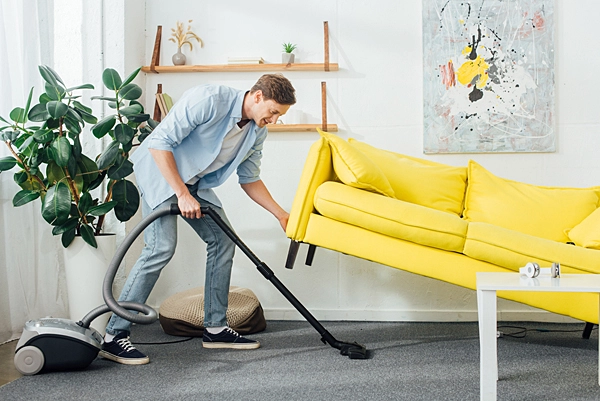Professional housekeeping services vary by provider but generally include a broad range of cleaning and organizing tasks designed to maintain a healthy, orderly home. Understanding what a housekeeper can and cannot do helps you set realistic expectations and communicate your needs clearly.
Core cleaning duties typically cover all rooms: dusting surfaces, vacuuming carpets and rugs, sweeping and mopping hard floors, wiping down baseboards, and removing cobwebs. Expect them to tidy and sanitize high touch areas like light switches, door handles and remote controls. In the kitchen, housekeeping often involves cleaning countertops, stovetops, sinks and backsplashes, wiping cabinet exteriors, and cleaning small appliances such as microwaves. Some services will wash dishes or load and unload the dishwasher if requested. Bathrooms generally receive thorough attention: scrubbing toilets, sinks, tubs and showers, disinfecting tiles, polishing mirrors, and replenishing supplies like toilet paper or soap when provided.
Laundry and linen services are frequently offered. A housekeeper may wash, dry, fold and iron clothing, change bed sheets and make the beds. They can also dust and clean bedroom furniture, vacuum under the bed if accessible and organize closets or drawers at your direction. Living and dining areas might include organizing magazines, fluffing cushions, wiping furniture, and cleaning windows or mirrors. Regular removal of trash and recycling is standard, and some housekeepers will manage compost bins if you have them.
Additional or occasional tasks may include deep cleaning ovens and refrigerators, washing interior windows, polishing silver, watering houseplants, or seasonal chores like wiping ceiling fans and air vents. Keep in mind that tasks requiring specialized equipment or permits, such as exterior window washing, carpet shampooing, or pest control, usually fall outside the scope of basic housekeeping. Services like pet care, cooking, babysitting or handyman repairs are not typically included unless explicitly agreed upon.
Clear communication ensures your housekeeper knows your priorities. Provide a written checklist or walk through your home together to discuss areas requiring special attention. Respect boundaries by not asking them to perform unsafe tasks, lift heavy furniture or handle personal paperwork. Ensure cleaning products and tools are available if they are expected to use yours.
A professional housekeeper should work efficiently, respect your privacy, and handle your belongings with care. They arrive on time, maintain confidentiality, and leave your home not just cleaner but more comfortable. Establishing a consistent schedule helps maintain a high standard of cleanliness and allows the housekeeper to become familiar with your routines. By understanding the typical scope of services and communicating openly, you can build a trusting relationship with your housekeeper and ensure your home stays welcoming and well-maintained.





